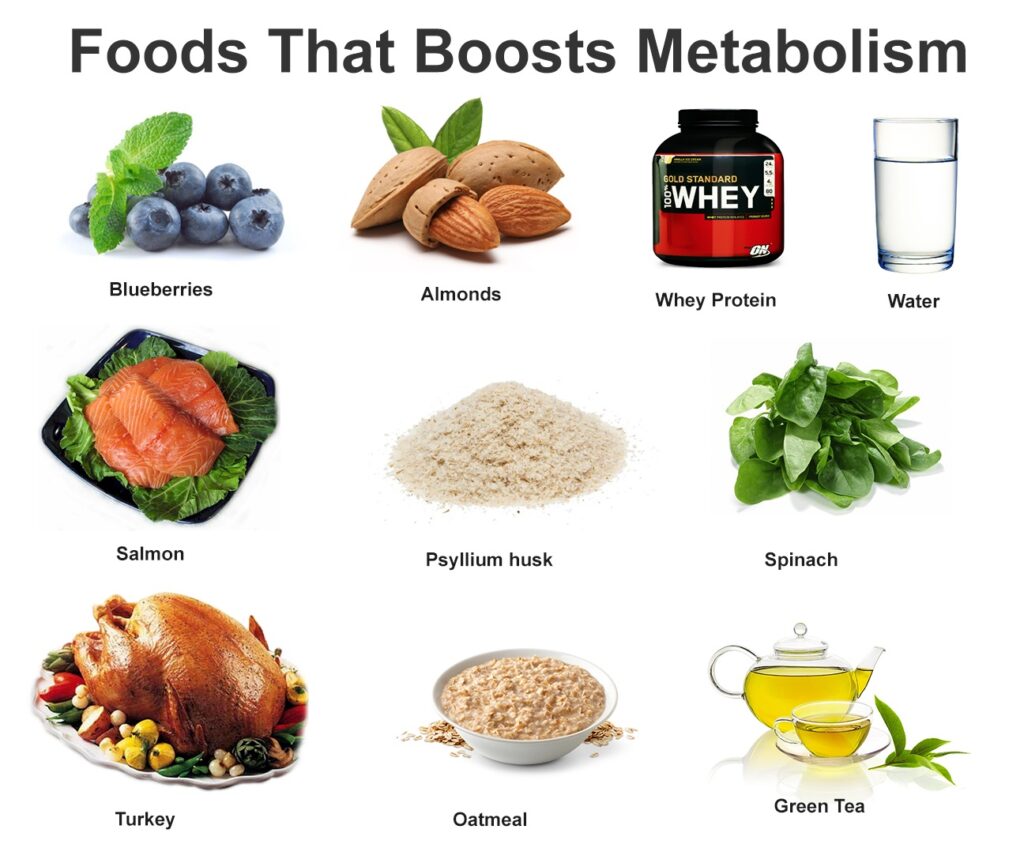To build muscle effectively, your training program is only half the battle — the other half is nutrition. The right foods provide the protein, carbs, and micronutrients necessary for recovery and muscle growth. Below, we break down the best muscle-building foods and how to prepare them for optimal gains.
Protein Sources for Muscle Growth
It’s not a secret that in order to reach your muscle building goals, you must eat — and eat consistently. We need protein, the building blocks of muscle, but also carbohydrates, vitamins, and minerals.
Top whole food sources of protein include:
- Chicken breast
- Turkey
- Eggs
- Fish (like salmon, tuna, tilapia)
- Red meat (in moderation)
- Low-fat cottage cheese and Greek yogurt
- Legumes and beans (peas, lentils, black beans)
- Nuts and seeds
Choose leaner options whenever possible to avoid excess saturated fat. Opt for skimmed milk and low-fat cheese over full-fat dairy.
How to Cook Muscle-Building Meals Without Extra Fat
Cooking methods matter. Boiling, baking, steaming, or grilling are the best options for preserving protein quality without adding unnecessary fats.
If you do cook with oil, use small amounts of olive oil or avocado oil, and avoid deep frying. Overcooking meat at high temperatures can degrade protein quality, so keep the heat moderate and the cook time reasonable.
Why Balanced Meals Are Crucial for Muscle Growth
A solid muscle-building diet includes protein, complex carbs, healthy fats, fiber, and micronutrients. Don’t just focus on protein—your muscles also need vitamins, minerals, and fuel.
Aim for six smaller, balanced meals daily instead of three large ones. This approach maintains energy levels, stabilizes insulin, and supports muscle protein synthesis throughout the day.
For a complete supplement strategy, see our guide on muscle-building supplement stacks.
Carbohydrates: Fuel for Intense Workouts
Carbs fuel your workouts and help restore muscle glycogen. Starchy carb sources include:
- Brown rice
- Sweet potatoes
- Whole grain bread
- Oats
- Quinoa
- Spaghetti (preferably whole wheat)
If you weigh over 200 pounds, aim for 80–100 grams of carbs per meal. Under 190 lbs? Try 60–80 grams. Adjust based on your energy needs and training intensity.
Muscle-Building Vitamins and Antioxidants
Vegetables and fruits are critical for immune health, recovery, and hormonal support. Aim for at least 2–3 servings of each per day.
For more on this, check out: Important Vitamins for Muscle Building and Antioxidant Article.
In Conclusion: Your Muscle Building Diet Checklist
- Eat 5–6 small, balanced meals per day
- Aim for 35–40g of protein per meal
- Consume quality carbs and fiber at each meal
- Include fruits and vegetables daily
- Drink 3–4 liters of water per day — read why in our Water Article
- Focus on clean cooking methods (boil, bake, grill)

